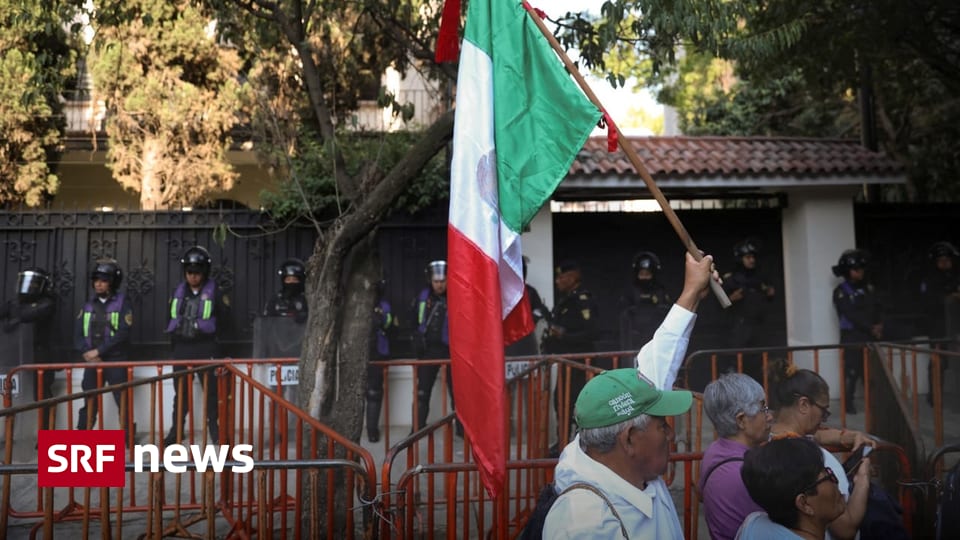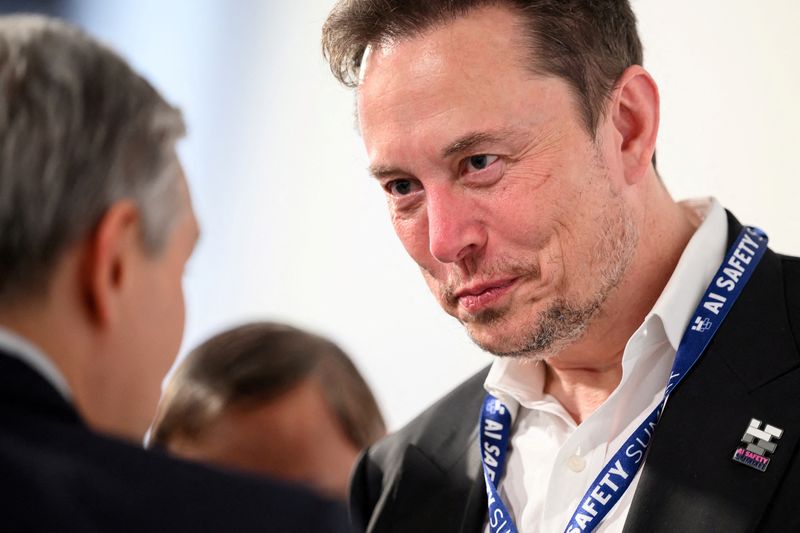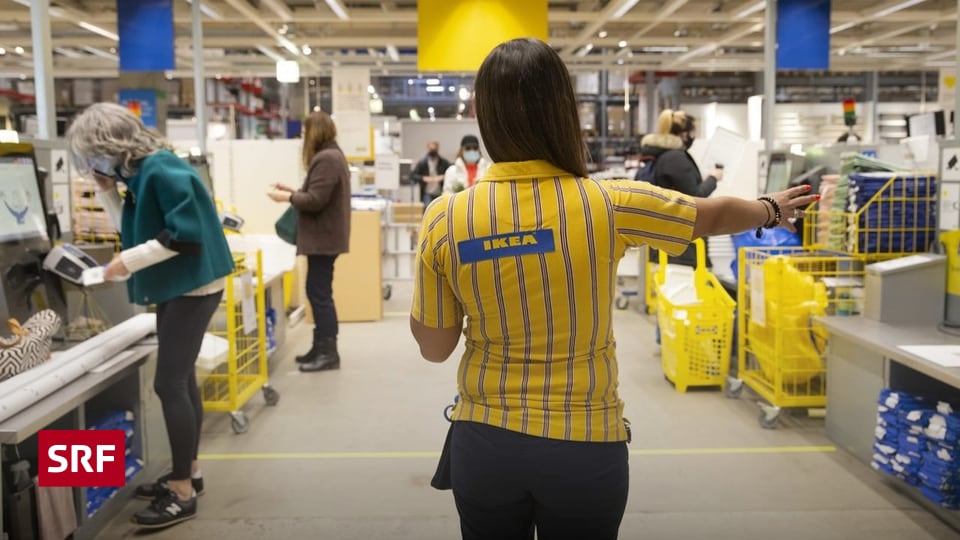The environmental organization Greenpeace calls on IKEA to completely avoid using wood from virgin forests.
They are popular IKEA products: the Sniglar crib, the Ingolf chair, or the Kivik sofas – and according to the environmental organization Greenpeace, they all contain “crimes against nature”. As is often the case with IKEA, it's about the wood: Greenpeace criticizes in a new report that IKEA continues to work with suppliers who use wood from Romanian virgin forests. This was revealed through research in which the supply chain at IKEA was examined. From logging sites to lumber warehouses to transportation and processing plants.
Greenpeace names several suppliers that have been linked to the clearing of virgin forests. “These suppliers sometimes produce exclusively for IKEA,” Joelle Herrin tells SRF's consumer magazine Espresso. She is a circular economy expert at Greenpeace.
Environmentalists fear the loss of European virgin forests
Greenpeace's current criticism of IKEA is not related to illegal logging. Instead, the environmental organization essentially argues that IKEA should say goodbye to virgin forest wood. “IKEA claims to be committed to sustainability. “IKEA must also ensure that no wood from primary and ancient forests enters its supply chain,” says Joelle Herren.
The endless forest areas of the Carpathians – a large part of which is located in Romania – are of special ecological value. Not only Greenpeace, but also other environmental organizations such as the World Wide Fund for Nature, emphasize its biodiversity.
legend:
Forests in the Carpathians
“Europe's green lung”.
imago
The Carpathians are home to brown bears, lynxes and wolves. Hundreds of bird species also fly through the forests, which contain trees up to 180 years old. It is precisely for this reason that they are often referred to as the “green lungs of Europe”: “These old trees store carbon dioxide much better than younger trees,” says the environmental activist.
Greenpeace: “IKEA must become part of the solution”
In the report, Greenpeace makes specific demands for IKEA: the company should no longer take into account suppliers who process wood from virgin forests that are particularly worthy of protection. IKEA must ensure this by taking concrete measures and, if necessary, ending its cooperation with these suppliers.
“We want IKEA to be part of the solution,” says Joelle Herren. Greenpeace recognizes that the problem of deforestation also affects other furniture retailers. “But big retailers make the biggest impact when they become part of the solution.”
IKEA takes Greenpeace report 'seriously'
In response to a question from Espresso, IKEA Switzerland said that it “takes information about possible violations of internal and external forest requirements very seriously.” The company confirms that it will verify the information contained in the Greenpeace report. There is no place for illegal timber and poor forestry practices in the IKEA value chain. Follow up on relevant information and take the necessary measures if violations are discovered. IKEA also does not rule out ending business relations.
As we have not yet received the full Greenpeace report, we cannot comment on it in detail. Greenpeace told Espresso that IKEA had received “all relevant information in the report.”

“Typical entrepreneur. Lifelong beer expert. Hipster-friendly internet buff. Analyst. Social media enthusiast.”







More Stories
After storming the embassy: Ecuador sues Mexico in The Hague – News
Utah: The cat was sent to Amazon in a return package
Ryanair boss wants planes to be made available for repatriation